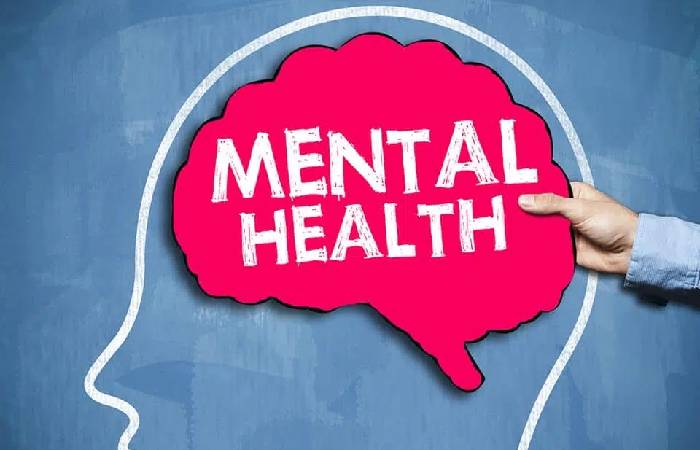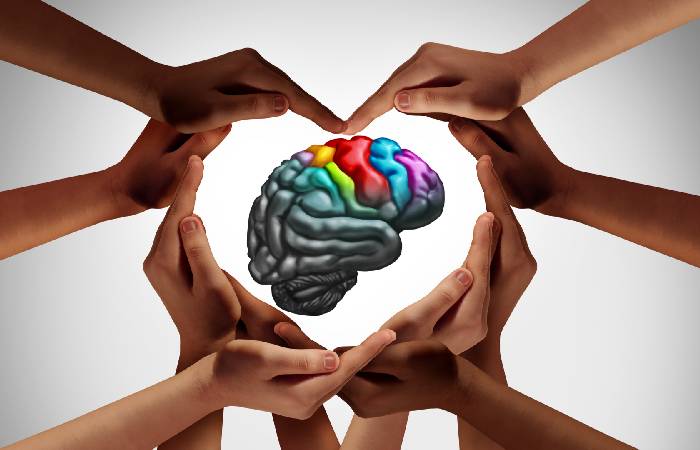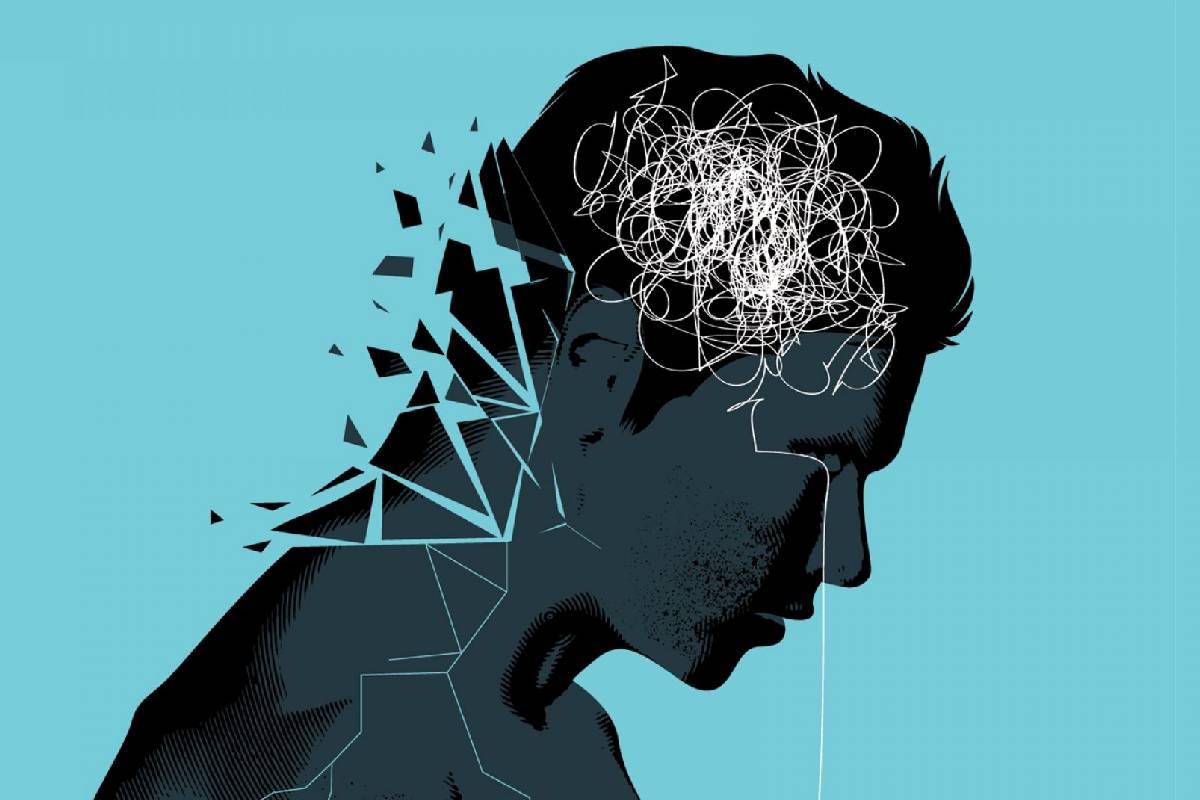Mental health includes our emotional, mental and social well-being. It affects the way we think, feel and act. It also helps determine how we deal with stress, relate to others, and make healthy decisions. And it is vital at every stage of life, from childhood and adolescence to adulthood.
Although the terms are often substitutable, poor mental health and mental illness differ. For example, a person may experience mental health problems and not be diagnosed with a mental illness. Likewise, a person diagnosed with a mental disease may experience periods of physical, mental, and social well-being.
Table of Contents
Why Is Mental Health Important To Overall Health?

Mental and physical health are equally essential workings of overall it. For example, depression increases the risk of many physical health problems, particularly long-term conditions such as diabetes, heart disease and stroke. Similarly, chronic conditions can increase the risk of mental illness.
Can Your Mental Health Change Ended Time?
Yes, it’s significant to remember that a person’s mental health can change contingent on many factors. When the strains placed on a person exceed their resources and ability to cope, their it can suffer. For example, if a person works long hours, cares for a relative, or is experiencing financial difficulties, their mental health may be poor.
How Common Are Mental Illnesses?
It illnesses are among the most significant everyday health situations in the United States.
And more than 50% will be diagnosed with a mental illness or disorder at some point.
1 in 5 Americans will knowledge a mental illness in a given year.
1 in 5 children, either now or at some point in their life, has a seriously debilitating mental illness.
Also, 1 in 25 Americans lives with a severe mental illness, such as schizophrenia, bipolar disorder, or major depression.
What Causes Mental Illness?

There is no single reason for mental illness. Instead, several factors can contribute to the risk of mental illness, such as:
Adverse early life experiences such as trauma or a history of abuse (e.g. child abuse, sexual assault, witnessing violence, etc.)
Experiences with other ongoing (chronic) medical conditions such as cancer or diabetes
Also, Biological factors or chemical imbalances in the brain
Alcohol or drug use
Having feelings of loneliness or isolation.
WHO Response
All WHO Member States commit to implementing the “Comprehensive it Action Plan 2013-2030”. And which aims to improve mental health by strengthening effective leadership and governance, providing comprehensive, integrated and responsive community care, and implementing promotion and prevention strategies. The use of information systems, evidence and Strengthening research In 2020, the analysis of the country’s performance of the “Mental Health Atlas 2020” according to the WHO action plan showed insufficient progress with the objectives of the agreed action plan.
The WHO “World Mental Health Report: Transforming Mental Health for All” urges all countries to implement the action plan. He argues that all countries can make significant progress toward better it for their populations by directing on three “pathways to transformation”:
Deepen the value that individuals, communities, and governments place on it; and match this value with the commitment, participation and investment of all stakeholders in all sectors;
And reshape the physical, social, and economic characteristics of environments (in homes, schools, workplaces, and the wider community) to protect better and prevent it conditions; Y
Strengthen it care so all they needs met through a community network of accessible, affordable, quality services and supports.

